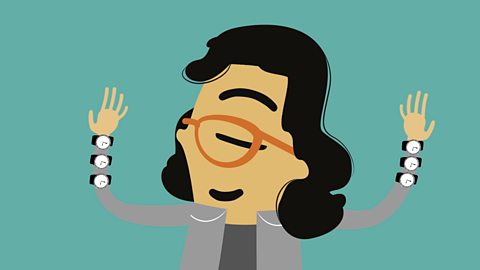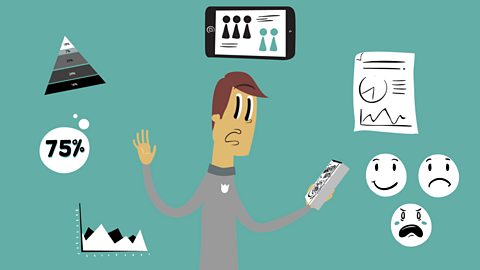Enterprise and employability challenge
Creativity and innovation
The ability to think creatively can result in innovative goods and services. Businesses must develop an effective marketing mix for these goods and services to meet customer needs.

Personal effectiveness
Personal effectiveness is about understanding yourself. A skills audit helps identify strengths and areas for improvement. Team working and presentation skills are particularly desirable by employers.

Digital literacy
It鈥檚 essential in today鈥檚 society to be digitally literate. This includes understanding the benefits and drawbacks of social media for both businesses and individuals.

Global citizenship challenge
Creativity and innovation
Techniques such as mind mapping, blue-sky thinking and the six hats technique can help you come up with creative and innovative ideas.

Critical thinking and problem solving
Using different techniques will identify what information to collect during the problem solving process. Credibility criteria can be used in determining how believable the sources are.

Community challenge
Planning and organisation
Volunteering in the local community is a rewarding experience. Setting appropriate aims and objectives, as well as applying project management skills, are part of the planning and organising process.

Personal effectiveness
When taking part in a community challenge, it is important to understand personal effectiveness and the value of reflection. A personal development plan helps identify skills to be improved.

Individual project
Planning and organisation
The research process is important. It involves constructing suitable research questions, collecting appropriate primary and secondary data and analysing information for a written report.

Critical thinking and problem solving
Participating in a research project involves successfully collecting information. Questionnaires and interviews are popular ways of gathering quantitative and qualitative information.

Digital literacy
Different types of data can be used to create charts, graphs and tables. Organising information clearly helps the reader to understand the content.
